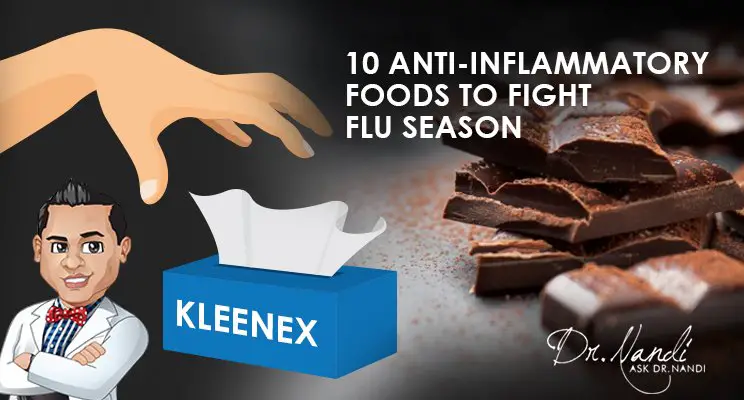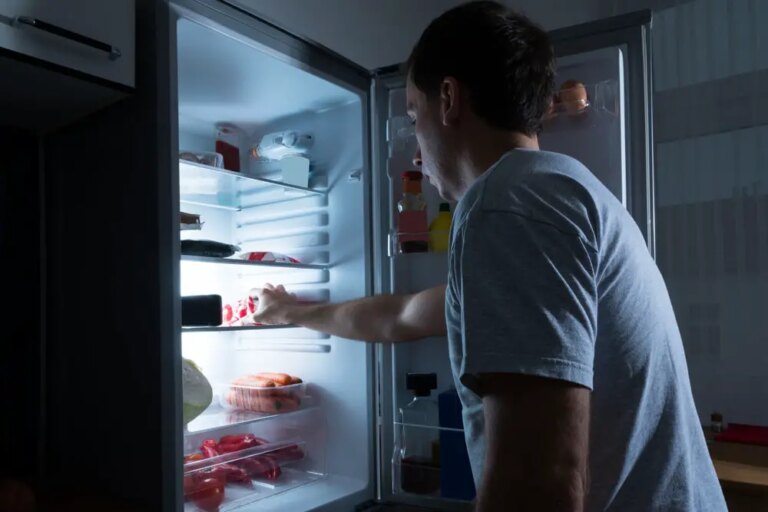You know that feeling where your mind is thinking of 100 things at once? When you can’t stop the thoughts and jump from idea to idea, or worse, from worry to worry? When this happens it can make stress and anxiety worse. However, many people are turning to mindfulness meditation as a popular method to help calm the chaos of racing minds and soothe the savage beast known as stress. Not only is it popular but also believed to be effective at lowering stress response for those with anxiety disorders. Here’s what a study led by Georgetown University Medical Center researcher Elizabeth A. Hoge MD found about mindfulness meditation. (1)
Meditation And Stress
Results showed when faced with a stressful situation those who took a mindfulness meditation course experienced a sharp reduction in stress-hormones and inflammatory responses. Those who took a non-meditation stress management course experienced worsened responses. (1)
“Mindfulness meditation training is a relatively inexpensive and low-stigma treatment approach, and these findings strengthen the case that it can improve resilience to stress,” says Hoge, lead author and associate professor in Georgetown University Medical Center’s Department of Psychiatry. (1)
Meditation And Stress Research
The study worked with 89 patients suffering from a generalized anxiety disorder. This condition causes chronic and excessive worrying and affects about 7 million Americans each year. The study separated participants into two groups with one taking an eight-week mindfulness-based stress reduction course, and the other taking an eight-week Stress Management Education course. The latter offered things such as general tips on good nutrition, sleep habits, and wellness. The main difference between the courses was the inclusion of meditative techniques. (1)
This new approach provided all participants with a treatment that would have little or no expectancy bias according to Hoge. Neither group knew which treatment was being studied by her researchers. (1)

Meditation And Stress Training Results
Both before and after the training course, participants took the Trier Social Stress Test, where each person is asked to give a speech with little notice before a live audience. “We were testing the patients’ resilience… because that’s really the ultimate question — can we make people handle stress better?” says Hoge. (1)
During the stress test, levels of the stress hormone ACTH, and the inflammatory proteins IL-6 and TNF-α were measured. Those who did not participate in the meditation training experienced modest rises on the second test compared to the first. According to researchers, this is an indicator of worsening anxiety. On the other hand, those in the meditation group showed significant drops in these markers on the second test. (1)
Earlier Meditation And Stress Study
An earlier paper by the researchers noted that after the meditation course, the group experienced significantly greater reductions in self-reported measures of stress. This helps support the idea that mindfulness meditation is an effective way to treat anxiety according to Hoge. (1)
Hoge aims to study the effects of mindfulness-related treatments on other psychiatric conditions and how they compare to standard psychiatric drug therapies. (1)

Calming the mind is crucial for effective stress management and nurturing your mental strength. Enhancing mental strength and clarity is an ongoing process that requires consistent effort and practice.
My Personal RX:
1. Embark on a transformative 7-day free guided meditation journey with Calm the Chaos. Discover inner calm and conquer stress
2. Boost your mind’s resilience and enhance mental performance with Adrenal Support supplements
3. Treat yourself with kindness and understanding. Practice self-compassion by acknowledging your strengths and weaknesses without judgment.
4. Step out of your comfort zone and embrace challenging situations. Facing and overcoming adversity can enhance mental strength and clarity as you develop resilience and problem-solving skills.

Source:


















